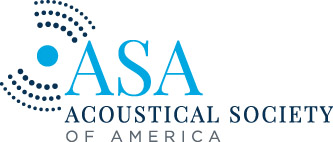Study Finds Hearing "Meaningful" Sounds Decreases Performance on Cognitive Tasks
Acoustical Society of America (ASA)Open office plans are becoming increasingly common in the workplace -- offering a way to optimize available space and encourage dialogue, interaction and collaboration among employees. However, a new study suggests that productive work-related conversations might actually decrease the performance of other employees within earshot -- more so than other random, meaningless noises.
